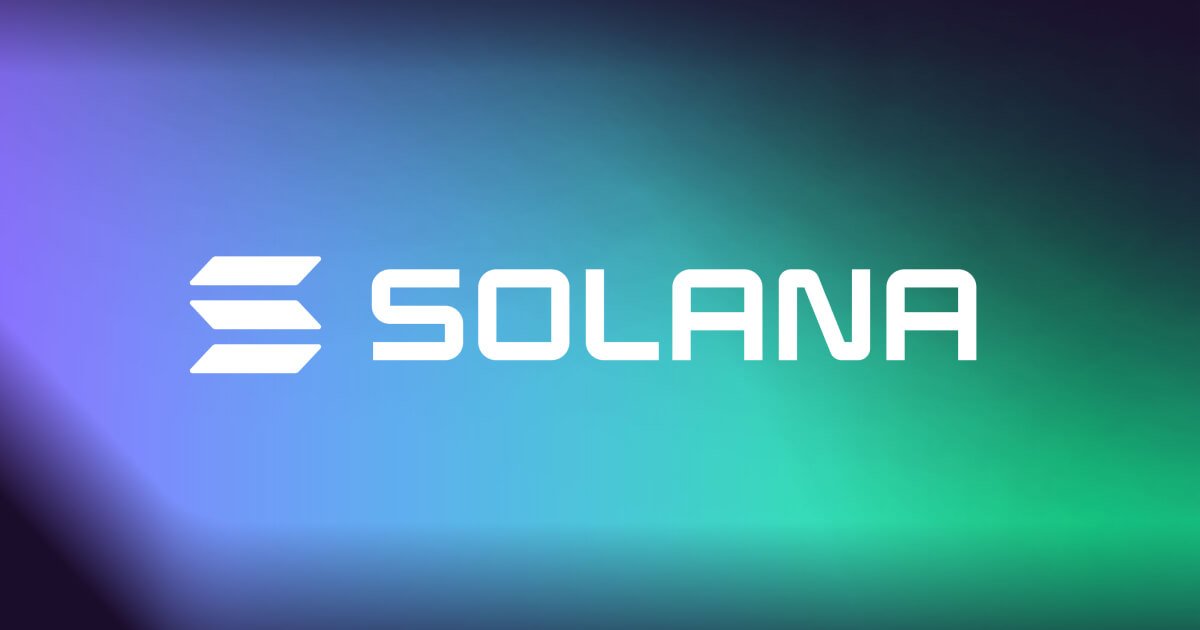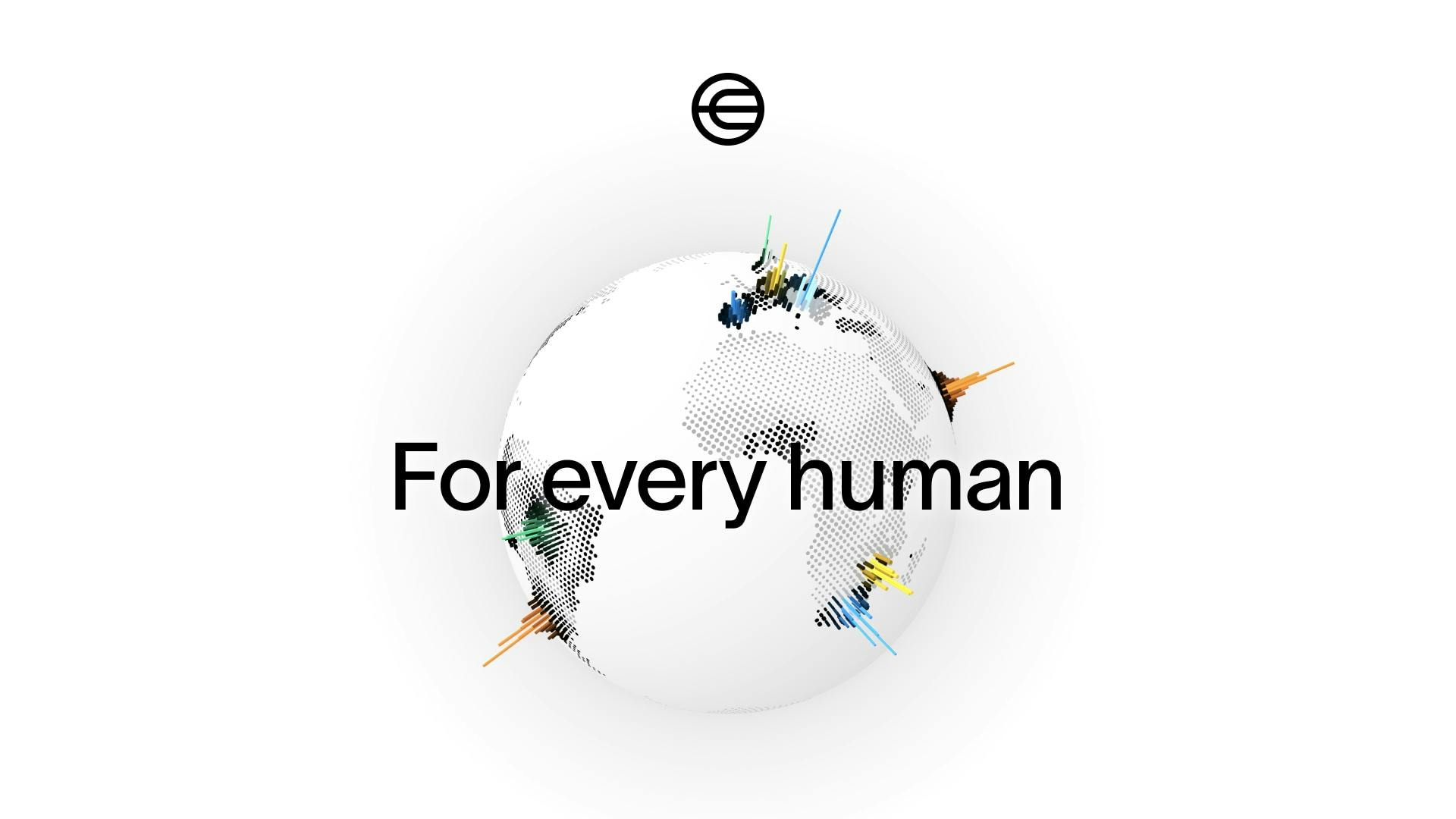- BlockByte
- Posts
- What are Blockchain use cases?
What are Blockchain use cases?
Exploring the Diverse and Transformative Applications of Blockchain Technology
Today’s Insights: 👈️
Ethereum
Solana
Worldcoin
USDC
Blockchain Use Cases: Ethereum

Ethereum Use Cases
Overview:
Ethereum is a decentralized, open-source blockchain platform that enables the creation and execution of smart contracts and decentralized applications (dApps). It is widely recognized for its versatility and robust ecosystem, which extends far beyond the capabilities of Bitcoin.
Key Features:
Smart Contracts: Self-executing contracts with the terms directly written into code.
Decentralized Applications (dApps): Applications that run on the Ethereum blockchain, offering transparency and security.
ERC-20 Tokens: Standard for creating tokens on the Ethereum blockchain, facilitating a wide range of use cases.
Ethereum Virtual Machine (EVM): A runtime environment for executing smart contracts on the Ethereum network.
Use Cases:
Decentralized Finance (DeFi): Enables financial services like lending, borrowing, and trading without intermediaries.
Initial Coin Offerings (ICOs) and Token Sales: Facilitates fundraising for new projects through the issuance of tokens.
Non-Fungible Tokens (NFTs): Supports the creation and exchange of unique digital assets, revolutionizing digital art, collectibles, and gaming.
Supply Chain Management: Enhances transparency and traceability by recording supply chain activities on the blockchain.
Decentralized Autonomous Organizations (DAOs): Allows organizations to operate without centralized control, governed by smart contracts.
Blockchain Use Cases: Solana

Solana Use Cases
Overview:
Solana is a high-performance blockchain platform designed for decentralized applications and crypto-currencies. It is renowned for its fast transaction speeds and low fees, making it a preferred choice for developers and users seeking efficient and scalable solutions.
Key Features:
High Throughput: Capable of processing over 50,000 transactions per second (TPS).
Low Fees: Extremely low transaction costs, making it cost-effective for users.
Proof of History (PoH): A unique consensus mechanism that enhances the network's speed and efficiency.
Scalability: Designed to scale with hardware improvements, ensuring continued performance growth.
Use Cases:
Decentralized Finance (DeFi): Supports a wide range of DeFi applications, offering high-speed and low-cost transactions.
Non-Fungible Tokens (NFTs): Facilitates the creation and trading of NFTs with minimal transaction fees.
Gaming: Provides a platform for blockchain-based games that require fast and seamless interactions.
Web3 Applications: Powers decentralized applications and services for the next generation of the internet.
Payments and Remittances: Enables quick and inexpensive cross-border transactions.
Blockchain Use Cases: USDC

USDC Use Cases
Overview:
Blockchain technology has revolutionized the financial landscape, offering innovative solutions for traditional financial systems. One of the most notable advancements is the use of stablecoins like USDC (USD Coin). USDC is a digital currency fully backed by U.S. dollar reserves, ensuring its value remains stable at 1:1 with the USD. This stability makes it an ideal choice for various applications within the blockchain ecosystem.
Key Features:
Supports multiple blockchains: Ethereum, Polygon, Solana, and more.
High daily trade volumes in DeFi and exchanges.
Stable value, even in volatile markets.
Use Cases:
DeFi Applications: Acts as a stable trading pair.
Cross-Border Remittances: Faster, cheaper alternative to traditional methods.
Creator Payments: Easy global payment network for content creators.
Embedded Payment Infrastructure: Simplifies digital and traditional payment integration.
Blockchain Use Cases: Worldcoin

Worldcoin Use Cases
Overview:
Worldcoin, a digital currency distributed for free, is pioneering a new era of financial inclusion by leveraging biometric verification and decentralized technology to create a universally accessible economic network.
Key Features:
Universal Access: Distributed for free to ensure inclusivity.
Proof of Personhood: Uses biometric verification to ensure each individual receives their share.
Scalable Infrastructure: Built to handle global distribution and usage.
Decentralization: Operates on a decentralized network to maintain transparency and security.
Use Cases:
Global Financial Inclusion: Provides access to digital currency for people without traditional banking services.
Identity Verification: Ensures unique user participation through biometric proof of personhood.
Universal Basic Income (UBI): Aims to distribute a form of UBI through free Worldcoin distribution.
Economic Empowerment: Enables users in underserved regions to participate in the global economy.
Summary:
Blockchain technology offers diverse and innovative solutions across various platforms. Ethereum's versatility supports smart contracts, DeFi, NFTs, and DAOs, creating a robust ecosystem for decentralized applications. Solana excels in high-speed transactions and low fees, making it ideal for DeFi, NFTs, gaming, and cross-border payments. USDC provides stable, USD-backed digital currency, enhancing DeFi applications, cross-border remittances, and creator payments. Worldcoin aims for global financial inclusion through free distribution, biometric verification, and decentralized infrastructure, enabling universal access and economic empowerment. These platforms collectively drive the evolution of the digital economy, offering unique advantages and wide-ranging use cases.



